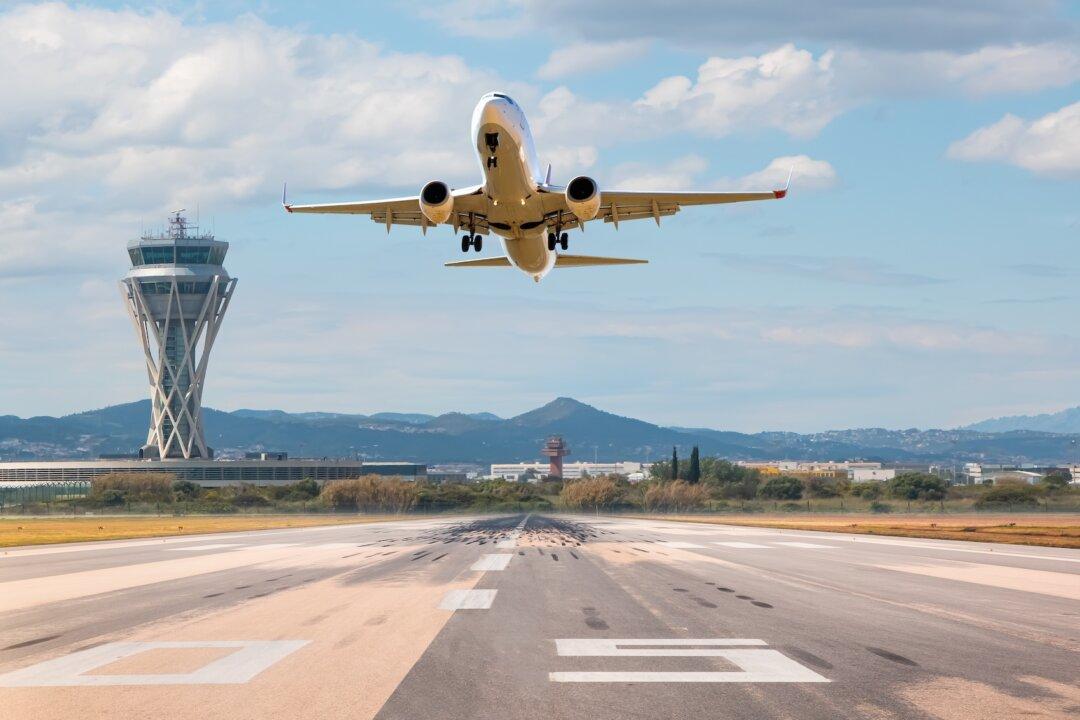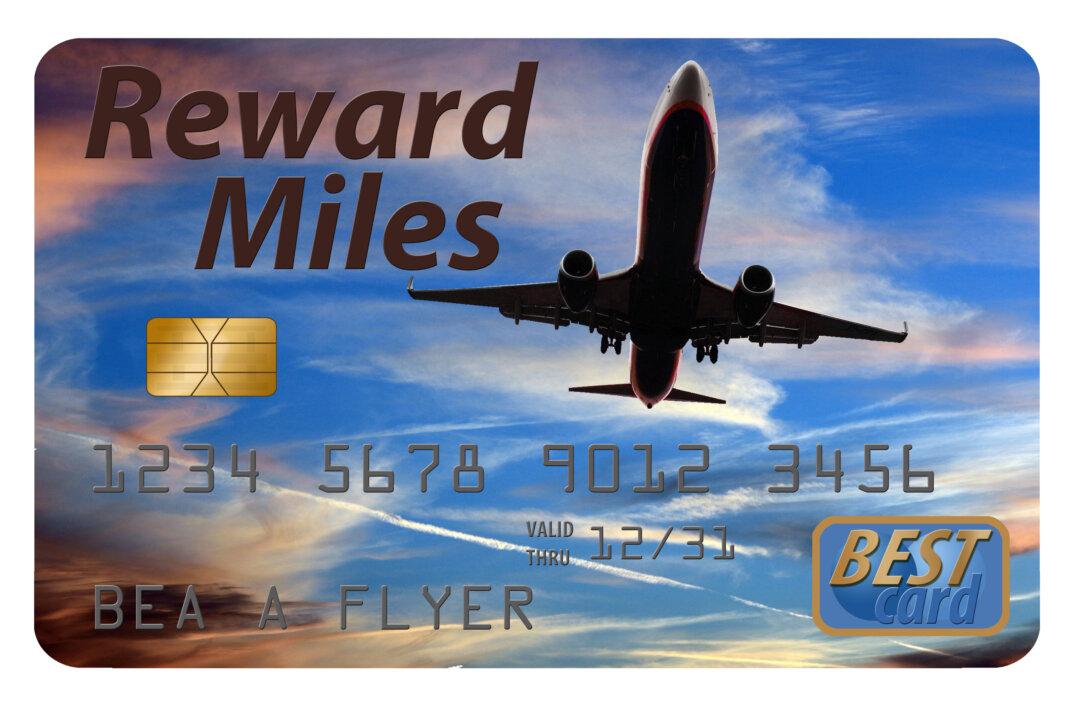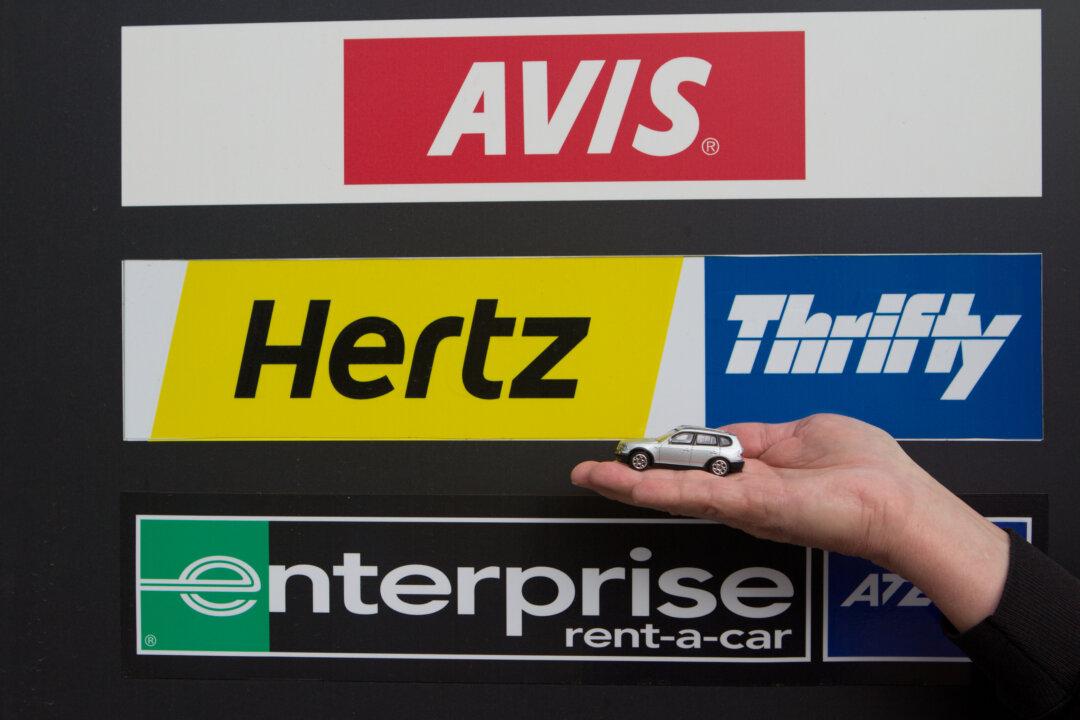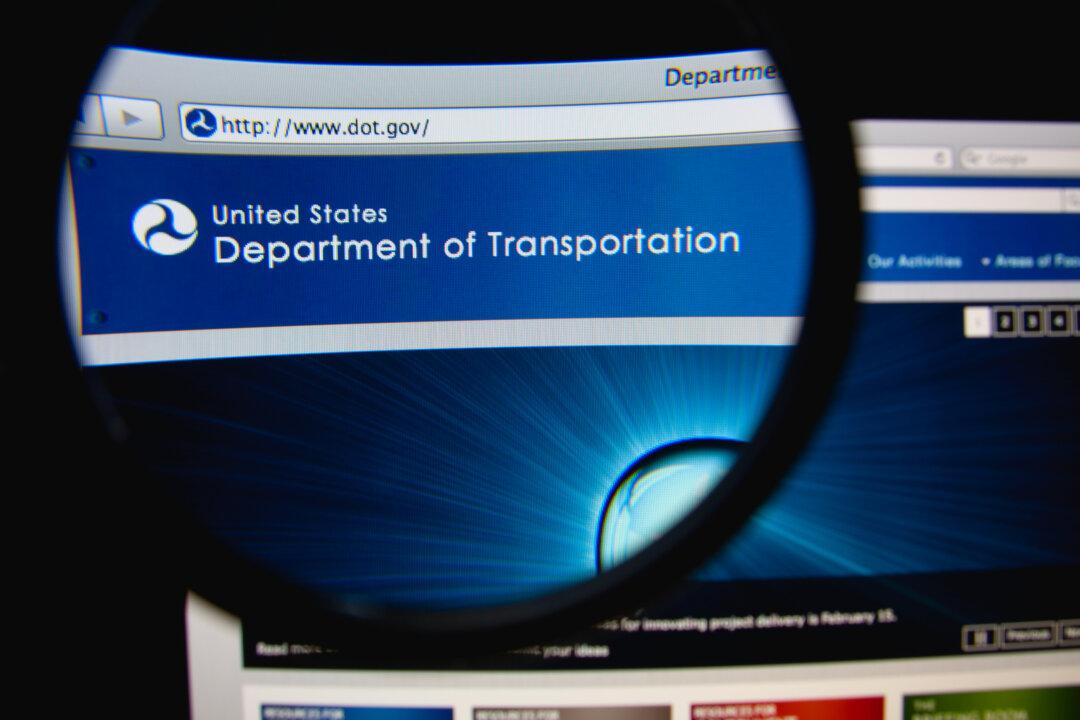A new (to me, at least) air travel hack lets you buy elite status in a few lines’ programs. It joins other hoary hacks, around for years, that offer some great cost reductions but violate airline policies and contracts.
Two outfits—airlinestatus.com/ and joindeluxe.com—sell time-limited elite status in several major airlines. Currently, airlinestatus.com sells Gold and Platinum status on Delta, Platinum on Hawaiian, and A-List on Southwest. Joindeluxe.com adds Gold, Platinum, and 1K status on United, and Platinum on American. The blog where I first noticed these deals listed JetBlue as also available, but it wasn’t posted as of yesterday on either site.
Why pay for elite status? The primary benefit is no-cost space-available upgrades on domestic flights at departure times, but other benefits are also valuable, including bonus miles up to 120 percent when you fly, free checked bags, early boarding, special phone lines, and such. Airlines typically offer several levels of status, and the higher the level, the better the perks and deals. Status is extremely attractive—retaining elite status is a primary reason so many road warriors take aimless flights at the end of their year to pile up enough miles to re-qualify.
Status sale prices range from $99 to $299 every four months, plus one-time startup fees from $250 to $650. I won’t try to list all the details of each offer, but you can check the websites. According to the websites, they can do this by buying excess status upgrades airlines hand out to preferred big-company travel departments. The blogosphere suggests that the specific mechanism is buying status challenges.
If the system works as the sellers describe, the benefits of free baggage check and mileage bonus alone on a single trip can be more than the price. But for many, “free” standby upgrades from “main cabin” to first class are the key benefit. And here I have no idea of how well purchased status works. I’ve flown myself and talked with frequent travelers enough to know that most flights depart with far more upgrade-eligible elite status travelers waiting in the departure area than available upgrade seats. To counter that problem, airlinestatus.com even promises to refund the price if you don’t get an upgrade during the period you have status. A key exception is that status upgrades generally are not available on international flights.
To me, the biggest unknown is whether people who buy status actually get upgrades. And I haven’t found anything, either in personal contacts or online, from anyone who has actually bought and used status. Some bloggers even suggest buying status might be a scam, but without presenting any evidence.
Buying status violates airline rules. Presumably, airlines could detect “misuse” of status challenges. And their typical responses for rule violations include billing you for what they say you should have paid and nuking your frequent flyer miles. But the blogosphere reports on relatively little such enforcement.
Right now, my bottom line is “caveat emptor.” I would never recommend any sort of hack without first trying it myself. If it works, buying status looks like a no-brainer, but does it work? This write-up is for information—decide for yourself whether to try.
Other rule-violating hacks have been around for years, often touted as “insider” travel tips, include:
—Point-beyond is useful for flying into a big line’s fortress hub on routes with little or no low-fare competition. You buy a ticket to a popular destination with a connection at the hub, and don’t take the connection. An example from my home airport at Medford is typical: For a test day next month, I would pay $208 for a nonstop to San Francisco but $154 for a Medford-San Francisco-Santa Ana ticket using the same $208 nonstop to San Francisco. Obviously, it doesn’t work for round-trips or trips from a big hub to a smaller “spoke.”
You can buy frequent flyer awards from brokers who buy them from other travelers. The deals are almost all for international business class.
You can get caught and getting caught could be expensive. It’s your call. More later.





